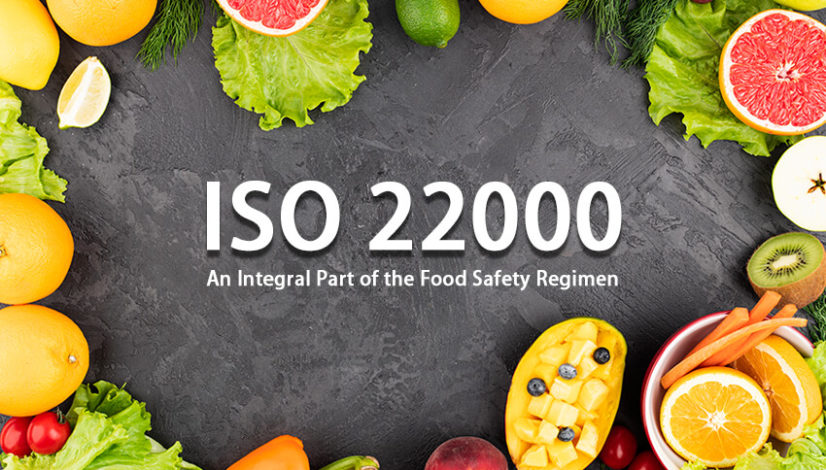
ISO 22000:2018 Certification
Food safety management systems — Obligations for any organization in the business of food chain
Irrespective of the size, or product, all food producers have an obligation to manage the safety of their products and the well-being of their consumers who are their end target for revenue generation. This is the main premises due to which ISO 22000 exists.
The effects of unsafe food can be serious for its consumers. ISO’s food safety management standards help organizations identify and control food safety hazards, at the same time as work in tandem with other ISO management standards, such as ISO 9001. These standards are applicable to all types of producers which deal in food production business, ISO 22000 provides a layer of assurance within the global food supply chain, helping products cross borders and delighting people the original taste of food that they can rely on and consume.
ISO 22000: 2018 applies to all food and feed industries and the same as following
As other ISO Management system requirements, high-level structure say ISO 9001 and this certification is designed in a way that it can be associated into an organization’s existing supervision process but at the same time it can be used alone.
Some Quick differences
- Interactive communication
- The ability to constantly provide food-related products and services that are safe and meet regulatory conditions
- Enhanced management of risks in food safety processes
- Exhibiting strong links to the United Nations’ Codex Alimentarius, which develops food safety guidelines for governments
- Improve their overall routine when it comes to food safety
The Pillars or principles to be understood and followed are
- Hazard Analysis
- Critical Control Point (CCP)
- Critical Limit
- Monitoring
- Corrective Action
- Verification
- Record Keeping & Documentation
